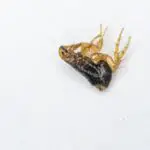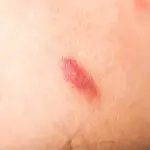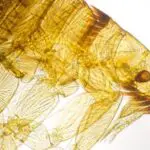How Fleas Can Affect Cat Behavior
Fleas can affect your cat’s behavior in a variety of ways, including increased scratching, excessive grooming, and increased shedding. Cats with fleas are more likely to chew on themselves, and you might see bald patches on their legs, neck, or tail base. You should check for fleas if you notice any of these behaviors.
Fleas can make your cat very irritable and restless. Your cat may also start reacting in an erratic manner and become aggressive, frantic, and irritable. Fleas can also cause severe side effects, including vomiting, skin burns, and even death. So, it is important to get a proper diagnosis from your veterinarian, as well as the proper flea treatment.
Cats with fleas can also scratch and chew uncontrollably, which can cause an itch. These scratching sessions can take up a good portion of your cat’s day. You should also check for any redness, which can indicate a flea bite. Veterinary treatment will help reduce the inflammation and prevent an infection.
Fleas can also carry tapeworm larvae. When a cat eats a flea with a tapeworm larva, the parasite attaches itself to the cat’s intestine wall and becomes infested. Though tapeworms do not often cause illness, they can be unsightly and pose a health risk for cats. Tapeworms can also affect your cat’s behavior and general health. They may also cause your cat to lose its appetite.







